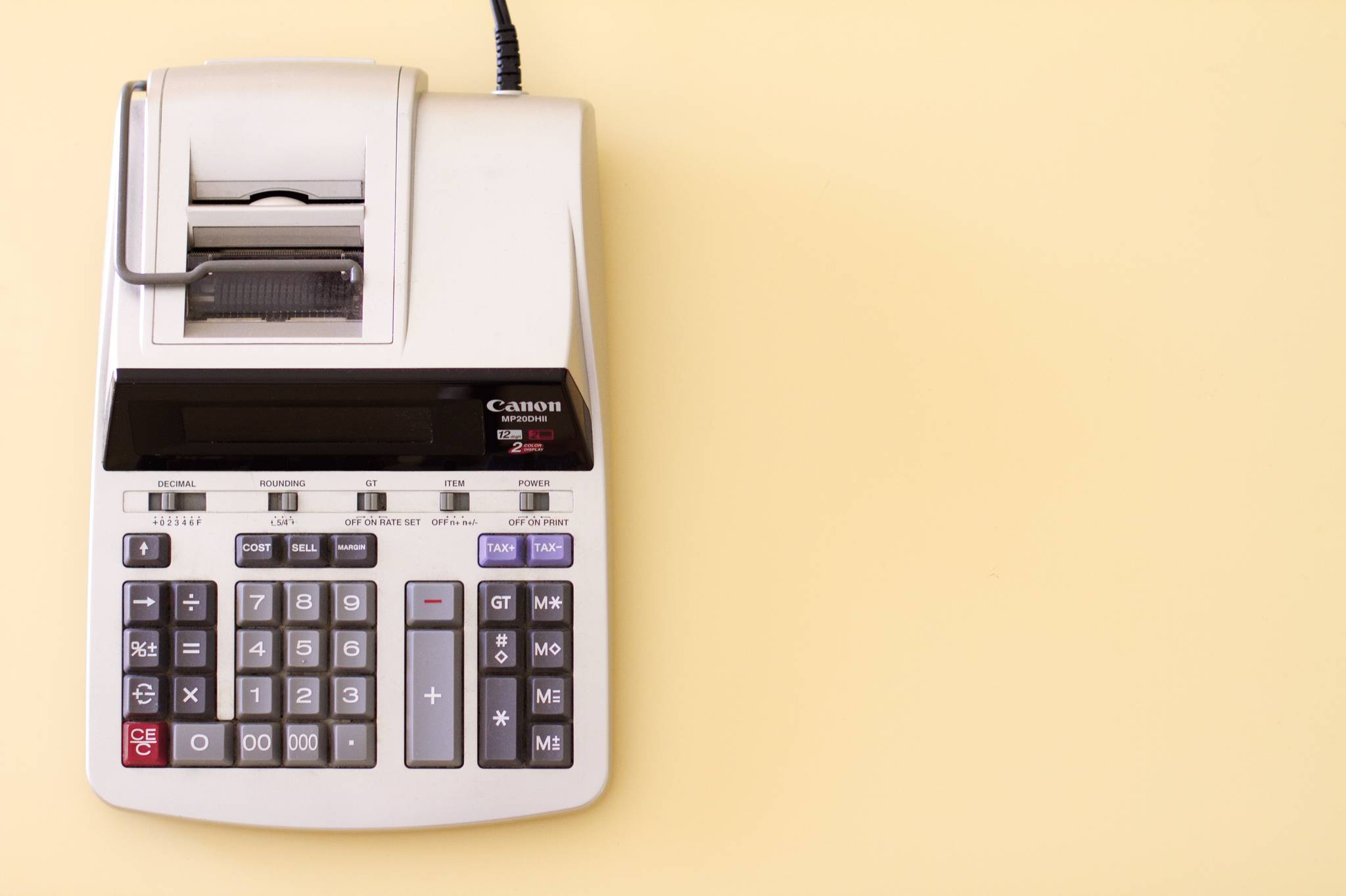In a recent commentary in support of a ballot initiative to raise oil taxes — the Fair Share Act — Robin Brena repeatedly invoked “let’s be honest.”
Let’s take him up on that, using citable, accurate data. For that we use the Alaska Department of Revenue Fall 2019 Revenue Sources Book. It has consistent numbers spanning multiple administrations. Readers can follow it as they read.
Brena looked at the last five years, 2015-2019. To start, as Brena cited, in that time the North Slope total market value was $57 billion. This is derived by multiplying the West Coast oil price, which is listed on Page 93, by the amount of oil production — listed on Page 97.
Brena said state oil revenues dropped when SB 21 (the current tax regime) came into effect five years ago. Looking at oil prices, they were over $100 per barrel for the years prior to 2015, and then dropped to the $50-$60 range since. Revenues dropped because oil prices dropped. They would have dropped under any tax regime.
Brena also said oil production dropped under SB 21. Looking at Page 101 of the 2013 Sources Book prior to the passage of SB 21 , production today is 100,000 barrels per day higher than what was forecasted under the prior tax regime, ACES. As a result, state revenues are higher than they would have been.
Going back to the $57 billion in value, where did it go? Page 93 shows transportation costs — pipeline and marine shipping — consumed $10 billion. Page 99 shows upstream capital and operating costs absorbed another $28 billion. This leaves pre-tax value of $19 billion.
Page 89 shows the total state petroleum revenues — taxes and royalties — plus $2.2 billion in local property tax, were $13 billion. Federal corporate income tax was about $1 billion. The combined state and federal governments received $14 billion and the producers received $5 billion.
The government received 74% of the pre-tax value. This is called the “government take,” and is what many economists use to compare taxes. Using similar calculations, the Lower 48 government take was about 64%.
This is a vastly different picture than depicted by Brena. He concluded that Alaska producers made more per barrel and paid less in taxes than anywhere else in the world. Why the difference?
Brena’s analysis has other problematic accounting perceptions. Here are a few:
• Failure to recognize royalties as payments to the government. Brena called them “part of the oil production the state keeps as rent.” In reality they are payments in either cash or oil.
• Failure to accurately compare oil profitability between Alaska and other places. Alaska operations are about 100% oil. Most other places they are about 50/50 oil and natural gas. Natural gas has about one-fifth the value of oil on a BTU basis. Comparing per unit oil operations in Alaska with combined oil and natural gas operations everywhere else is comparing apples and oranges.
• Failure to look at net revenues. Brena looks at taxes as a percentage of gross revenues, not recognizing that they include massive costs incurred by the producers, especially in a high-cost area like Alaska.
• Failure to recognize who received past credits. Brena said that during the past five years tax credits have exceeded revenues. To get to that result, you have to combine two distinct accounting ledgers. Over that period, the large North Slope producers paid more than $2 billion in production taxes, after credits. This included years when net income was negative or close to it. In those same years, there was also $2 billion in credits paid or owed to either non-North Slope producers, or small North Slope explorers. These credits were enacted under ACES and have been phased out. The oil tax initiative is directed at the large North Slope producers. If one is aggrieved by the credits paid to the others, voting for the initiative does nothing.
The Act’s rhetoric does not line up with the data. This problematic accounting could make Alaska dangerously uncompetitive. The initiative would raise taxes 150-350%, depending on price. This is what the initiative believes is fair. These accounting issues are technical and important. Alaskans should understand them before they vote.
• Roger Marks is an economist in private practice in Anchorage. He was a petroleum economist with the Alaska Department of Revenue 1983-2008 .Columns, My Turns and Letters to the Editor represent the view of the author, not the view of the Juneau Empire. Have something to say? Here’s how to submit a My Turn or letter.

